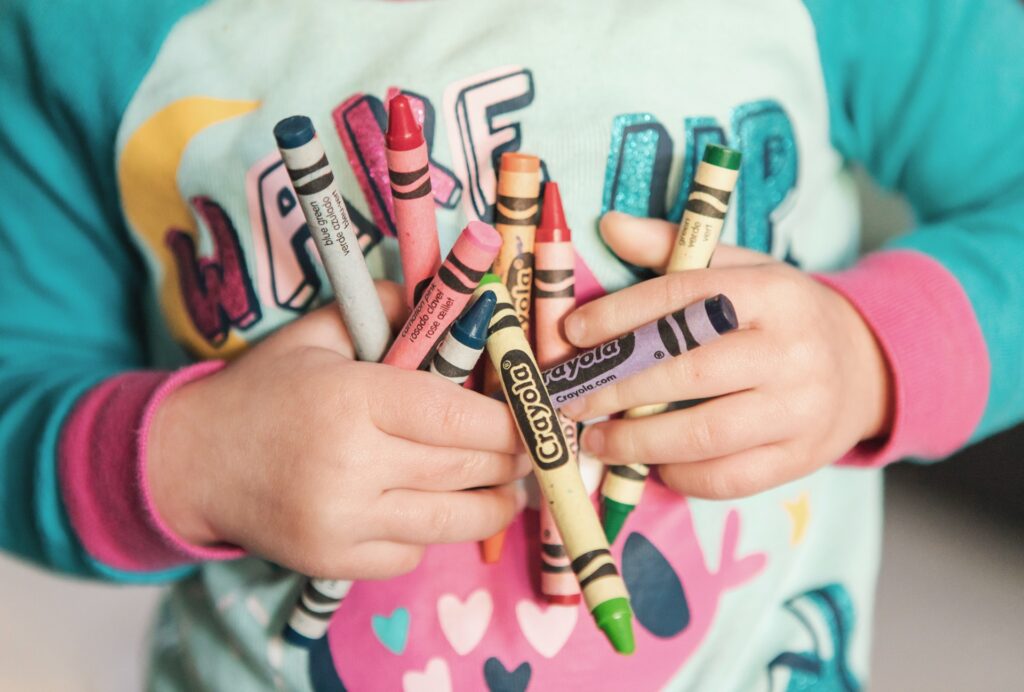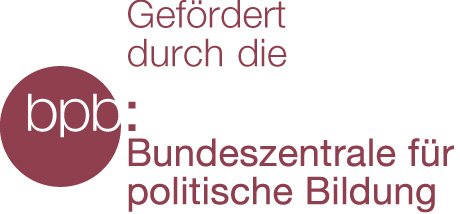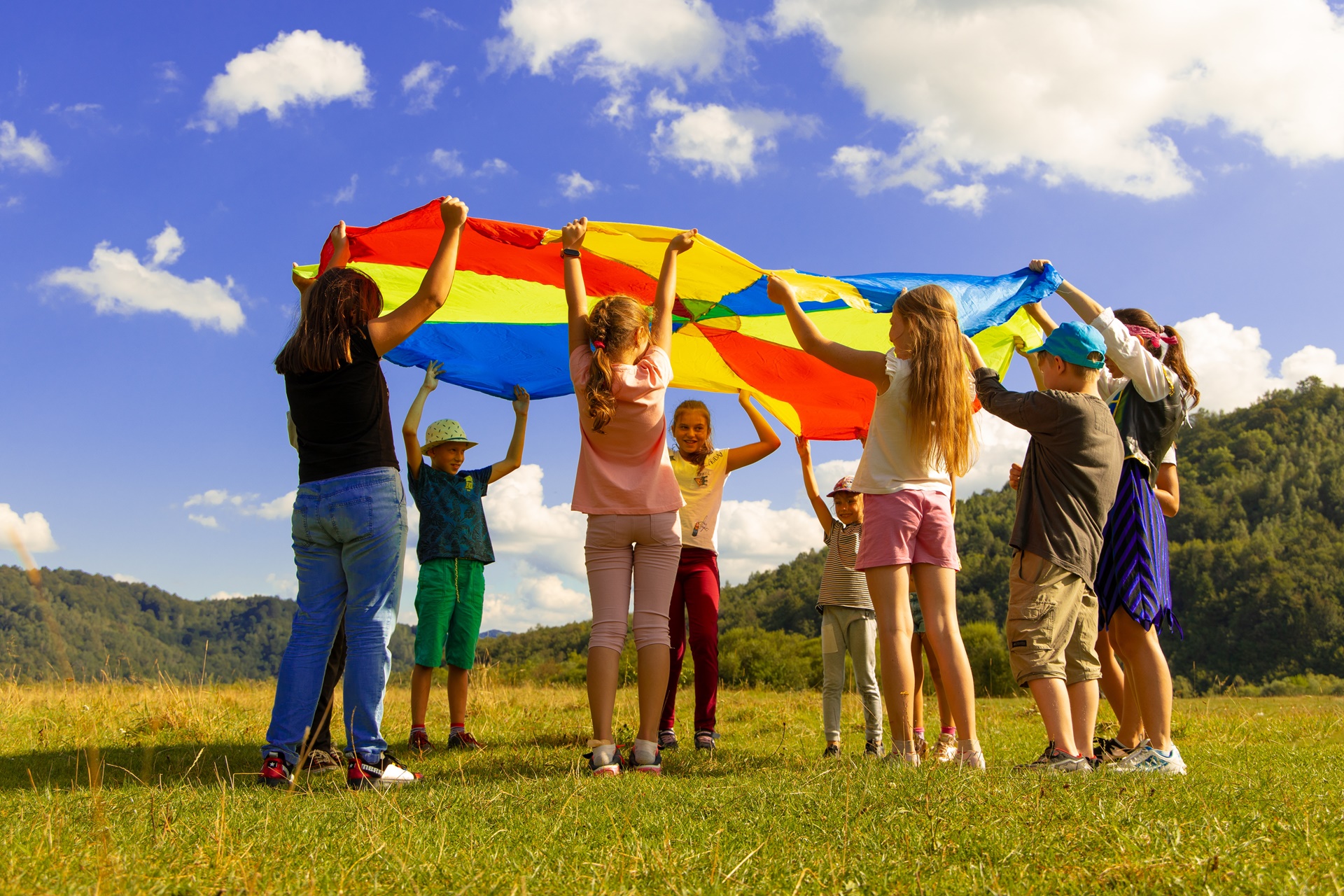Most important

Children are aware of what’s happening in the world – even if they don’t usually watch or read the news on a regular basis. Whether it is the German elections or the war on Ukraine, all of this does not go unnoticed by the youngest members of society. But what do children of preschool and elementary school age actually know about democratic structures? What role does the media play in this? And how do children’s ideas about journalism develop? Our interdisciplinary research project PoJoMeC aims to get to the bottom of all these questions.
PoJoMeC
In order to find out how children perceive journalism and what expectations they develop of journalistic work, three disciplines work together: political didactics, German/media didactics and journalism research.
Our general goals:
- Fundamental insights into the situation and awareness of children.
- Deduction of indications for pedagogical measures for democracy education in the three faculties and further development of teacher training and journalism training at the TU Dortmund.
A longitudinal section
Knowledge and attitudes toward politics, journalism and the media – that is the core of PoJoMeC. In order to gain insight into children’s socialization in this respect, we are working toward one particular goal: to achieve a longitudinal view of children’s development from daycare to elementary school. Another unique feature of the project: The results will subsequently be used to develop pedagogical and journalistic formats for early childhood democracy education.
The approach
With PoJoMeC, we rely on an interdisciplinary, multi-method research approach. Qualitative and quantitative surveys are used to generate new insights. The explorative character of the project is important: The aim is to collect the children’s ideas, attitudes and concepts in an unbiased way.
In addition to children, there will also be other survey groups in order to gain the deepest possible insight into the biographies and realities of the children being researched. These additional survey groups include: parents, educators, daycare center managers, teachers, and school administrators.
Publications
- Goll, Thomas / Goll, Eva-Maria / Marci-Boehncke, Gudrun / Tkotzyk, Raphaela / Steinbrecher, Michael /König, Lisa Barbara/ Millmann, Laura (2023): Politik, Journalismus, Medien – Kompetenzen von Kindern im Vor- und Grundschulalter (PoJoMeC). In: Schmeinck, Daniela / Michalik, Michalik / Goll, Thomas (Hrsg.): Herausforderungen und Zukunftsperspektiven für den Sachunterricht (= Probleme und Perspektiven des Sachunterrichts, Band 33). Bad Heilbrunn, S. 111-117.
- Marci-Boehncke, Gudrun; Rath, Matthias; Goll, Thomas; Steinbrecher, Michael (2022): How to become political? Basic concepts for exploring early childhood understanding of politics. In: END Proceedings 2022, S. 179-183.
- Tkotzyk, Raphaela / Lateghan, Johanna / Marci-Boehncke, Gudrun (2022): Picturing Strategy – Introducing a new participatory interview tool in research with young children. In: ICERI Proceedings 2022, S. 2260–2265.
- Tkotzyk, Raphaela / Marci-Boehncke, Gudrun (2022): Research with young children: Do picture concept maps work as interview tool in early childhood research? In: INTED Proceedings 2022, S.7258-7267.
Conferences
- „Politik, Journalismus, Medien – Kompetenzen von Kindern im Vor- und Grundschulalter (PoJoMeC)“. Vortrag auf der Jahrestagung der GDSU am 10. März 2022 an der Universität zu Köln (virtuell).
- „Medienwissen für Kitas und Grundschulen“. Vortrag zu „PoJoMeC“ auf der „Journalismus macht Schule“-Konferenz am 01. und 02. April 2022 in Berlin.

The study „PoJoMeC“ is supported by the Federal Agency for Civic Education.

